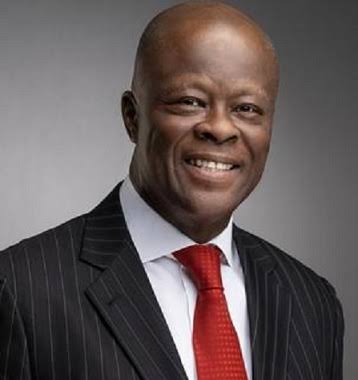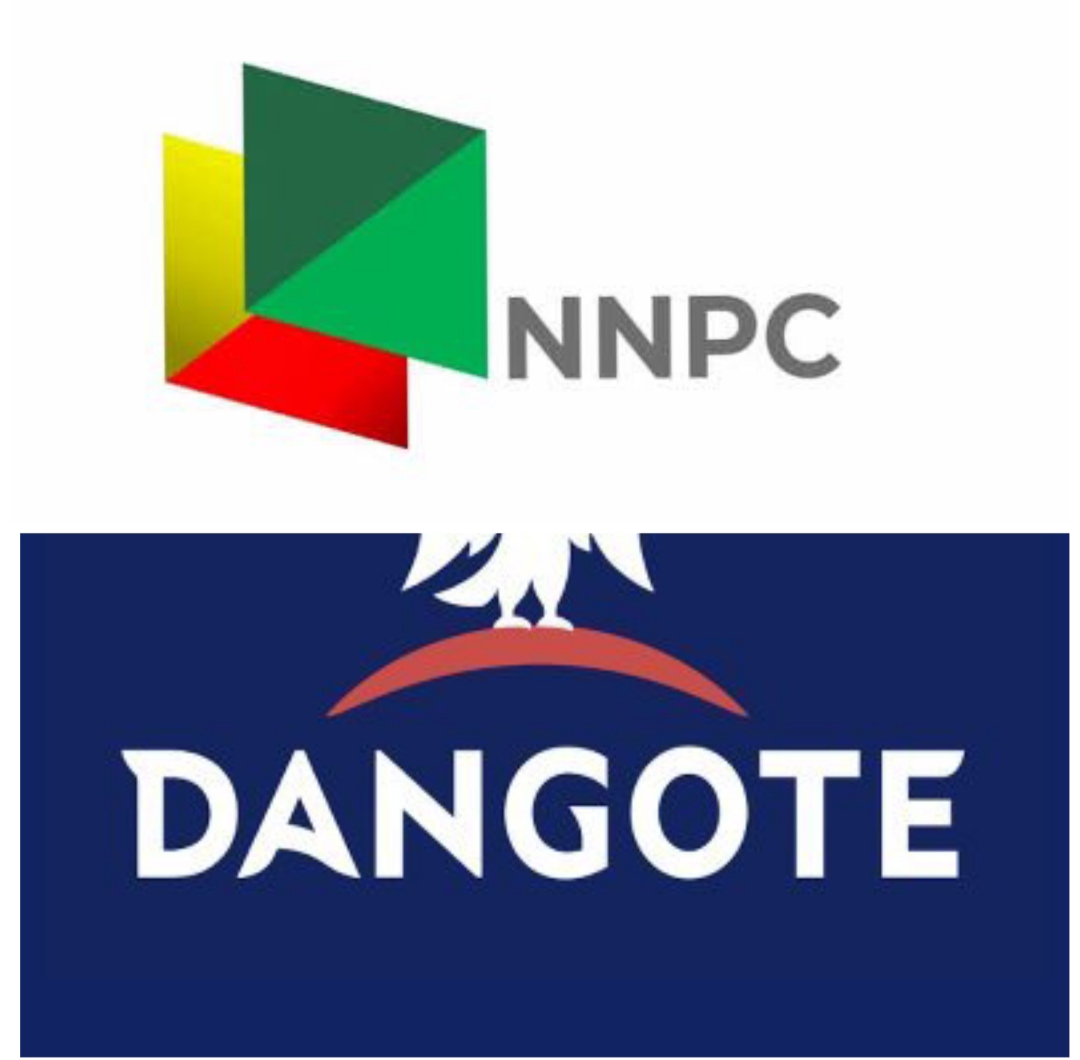Windfall Tax: Getting The Economy To Work For All
FEMI OTEDOLA

I write to express my strong support for the implementation of a windfall tax in Nigeria and to highlight the critical role this measure plays in fostering a fairer and more equitable economic environment.
This endorsement aligns with the ongoing efforts to reform the Nigerian banking sector, aimed at enhancing economic stability and integrity within our financial institutions. Windfall taxes are levies on companies or individuals who receive substantial, unexpected profits due to circumstances beyond their usual control or investment. Taxing these extraordinary gains ensures a fairer distribution of wealth, allowing those who benefit disproportionately to contribute more significantly to the broader societal good.
The revenue generated from windfall taxes can be channeled into essential public services such as healthcare, education, and infrastructure, benefiting all citizens and helping to reduce social inequalities. The recent announcement of a windfall tax on the extraordinary profits earned by Nigerian banks is a significant first step towards achieving these goals. The consolidation of various foreign exchange rate systems into a single investors and exporters (I&E) window led to the depreciation of the Naira and substantial increases in the value of bank assets denominated in United States Dollars.
This extraordinary gain should be redistributed to fund critical infrastructure development, education, healthcare access, and public welfare initiatives, addressing the intense pressure on public finances and alleviating the cost-of-living crisis many Nigerians face. Furthermore, the financial statements of manufacturing, telecoms, and SMEs indicate that many of these companies may not be able to pay corporate tax for at least the next two years, as they are currently showing negative equity. It is essential for the government to step in and provide support to bridge these gaps, ensuring revenue generation and fostering economic development.
The importance of aligning financial priorities with Nigeria’s broader economic development goals cannot be overstated. The Federal Government’s reforms are both timely and essential for the sustainable growth of our economy.
By taking decisive action to implement these changes, the Federal Government is demonstrating a commitment to ethical leadership and accountability. These reforms will empower our banking sector to play a pivotal role in driving Nigeria’s economic development, ultimately securing a prosperous future for all Nigerians.
I also commend the recent recapitalization initiative in the banking sector, which sets minimum capital requirements of N500 billion for international banks and N200 billion for national banks. This move is designed to strengthen the banking sector’s capacity to support Nigeria’s broader economic development goals. It is crucial for banks to focus on operational efficiency, technological innovation, and customer service, rather than executive extravagance.
Amid the progress with banking sector reforms, there is an urgent need to address entrenched issues within the Nigerian banking sector.
A concerning trend has emerged where some bank chief executives prioritize personal gain over their duty to shareholders and customers. The core values of banking—trust, integrity, and service—must be upheld. I am particularly critical of the culture of flamboyance, especially the ownership and operation of private jets.
Nigerian banks are spending an estimated $50 million annually just on maintaining private jets, with over $500 million gone into purchasing nine private jets by four banks. This level of extravagance significantly erodes public trust in our financial institutions and diverts crucial resources away from vital areas such as operational efficiency, technological innovation, and customer service.
To regain the trust of the Nigerian public and fulfill its pivotal role in the nation’s economic development, the banking sector must realign its financial priorities. Investments should be channeled into areas that directly improve customer services and enhance technological infrastructure.
I urge all stakeholders in the Nigerian banking sector and the broader economic community to rally behind these visionary reforms. It is time for our financial institutions to embody the highest standards of integrity and service, ensuring a stronger and more resilient economy for all Nigerians.
– Otedola, CON is Chairman of First Bank of Nigeria













